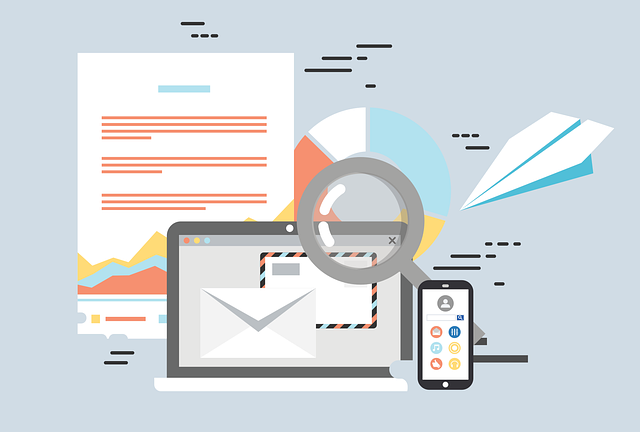AI automation for automotive repair scheduling has transformed service center operations through predictive analytics, personalized appointment recommendations, and efficient resource allocation. By addressing manual errors, wait times, and inefficient staffing, AI chatbots and machine learning algorithms optimize technician assignments and reduce no-shows. A robust data infrastructure supporting real-time analysis is crucial for success. Despite initial investments and training requirements, AI integration offers significant advantages like enhanced efficiency, improved customer satisfaction, and more profitable auto repair services.
“Unleash the potential of AI automation for transformative changes in your auto business, especially in scheduling. This article is your comprehensive guide to understanding and implementing AI strategies tailored to automotive repair services. From streamlining appointment management to enhancing customer experiences, AI offers unprecedented advantages. We’ll explore a step-by-step approach to adoption, highlighting benefits like efficient scheduling, improved diagnostics, and cost savings. Also, gain insights into challenges and how to overcome them, ensuring your business stays ahead in the digital age.”
- Understanding AI Automation for Automotive Repair Scheduling
- Implementing AI: Step-by-Step Strategies for Auto Businesses
- Benefits and Challenges of Adopting AI in Automotive Repair Services
Understanding AI Automation for Automotive Repair Scheduling

AI automation has transformed the way automotive businesses manage their operations, and one area that benefits significantly is repair scheduling. By leveraging machine learning algorithms, auto service centers can streamline the process of booking appointments, optimizing resource allocation, and enhancing overall efficiency. This technology enables them to predict demand patterns, automatically generate schedules, and even anticipate potential delays or cancellations, ensuring a smooth workflow.
With AI-driven systems, automotive repair scheduling becomes more accurate and responsive. These tools can analyze historical data, customer preferences, and vehicle maintenance records to offer personalized appointment recommendations. This not only improves customer satisfaction by providing convenient booking options but also reduces no-show rates and wait times. As a result, auto businesses can optimize their staff allocation, minimize costs, and deliver a more efficient repair service.
Implementing AI: Step-by-Step Strategies for Auto Businesses

Implementing AI in auto businesses, particularly for streamlining automotive repair scheduling, is a strategic process that requires careful planning and execution. The first step involves identifying pain points in the current system, such as manual scheduling errors, customer wait times, or inefficient resource allocation. Once these areas are pinpointed, businesses can focus on specific AI applications to address them.
For instance, natural language processing (NLP) chatbots can handle initial customer inquiries and schedule appointments, while machine learning algorithms can optimize technician assignments based on skills, availability, and workload. Integrating these AI tools requires a robust data infrastructure to support real-time analysis and decision-making. This involves collecting and organizing historical data, ensuring data quality, and establishing secure data storage solutions. With the right infrastructure in place, auto businesses can leverage AI automation for improved repair scheduling efficiency and enhanced customer experiences.
Benefits and Challenges of Adopting AI in Automotive Repair Services

Adopting AI in automotive repair services brings a myriad of benefits, revolutionizing how workshops manage their operations. With AI automation for automotive repair scheduling, businesses can streamline processes and enhance efficiency. Intelligent systems can analyze historical data to predict maintenance needs, reducing no-show appointments and optimizing workshop capacity. Additionally, AI-driven diagnostic tools enable faster and more accurate identifications of vehicle issues, improving customer satisfaction and reducing repair times.
However, the journey towards AI implementation is not without challenges. Integrating artificial intelligence requires significant upfront investment in technology and training. Auto shop owners must navigate complex data privacy concerns, especially when dealing with sensitive vehicle and customer information. Furthermore, adapting to new technologies might be a steep learning curve for staff, requiring ongoing support and reskilling. Despite these hurdles, the potential for AI to transform automotive repair services into more efficient, profitable, and customer-centric operations is undeniable.
AI implementation in auto businesses, particularly through automation for automotive repair scheduling, offers significant benefits such as improved efficiency, enhanced customer satisfaction, and optimized resource allocation. By adopting strategic steps that include data collection, model training, integration, and continuous evaluation, auto businesses can harness the power of AI to revolutionize their operations. However, challenges like initial costs, data privacy concerns, and the need for specialized skills must be addressed to ensure a smooth transition and maximize the advantages of AI automation in automotive repair scheduling.
